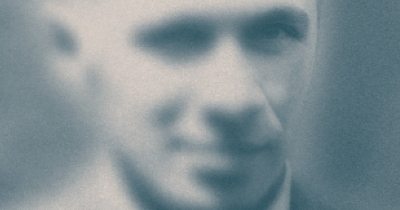Boris Frankel
No Country for Idealists: The making of a family of subversives by Boris Frankel
by Ebony Nilsson •
Bauman’s point of departure
Dear Editor,
Boris Frankel bursts in through open doors. He gives Zygmunt Bauman and me stick for speaking our truths (ABR, October 2001). Viewed in its own terms, what remains of the Left in Australia is in a bad way because it has failed (1) to clarify its ethics, norms and values and (2) to develop alternative visions and policies upon them; because (3) there is no popular bearer or social movement available to carry these invisible ends; and (4) because there is no evidence of popular support for a new society, present unhappiness and misery notwithstanding. If this is not modern, what is it? (If the Soviet and Nazi experiences were not modern, what were they?)
... (read more)

